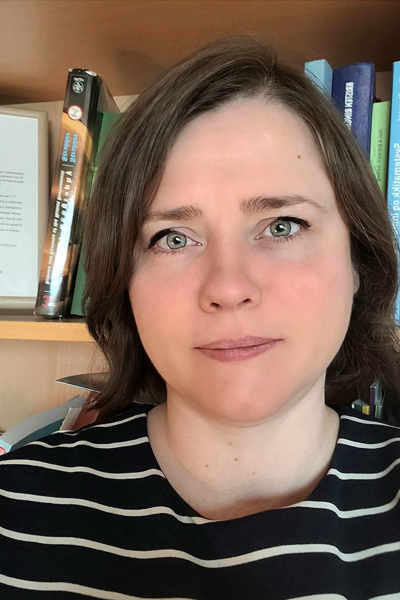The work of ‘local responders’, including crisis-affected populations and civic humanitarians has gained more attention in humanitarian practice following the 2016 World Humanitarian Summit’s call for localising humanitarian aid. In this article, we draw on research conducted among South Sudanese refugees in Uganda to examine how crisis-affected people and their neighbours support themselves and each other in situations of protracted displacement. Through the lens of ‘critical localism’, we present narratives of how individuals and groups of refugees engage in and are shaped by different aid practices over time, unsettling conventional humanitarian binaries such as the international-local, principled-non-principled, professional-non-professional, and formal-informal. The discussion concludes by reflecting on the implications that unsettled binaries have for both the understanding of humanitarianism, and the development of more inclusive humanitarian practices.
Viga, Emmanuel & Hilde Refstie (2024) Unsettling humanitarian binaries: Civic humanitarianism and relational aid among South Sudanese refugees in Uganda, Geoforum 150.









